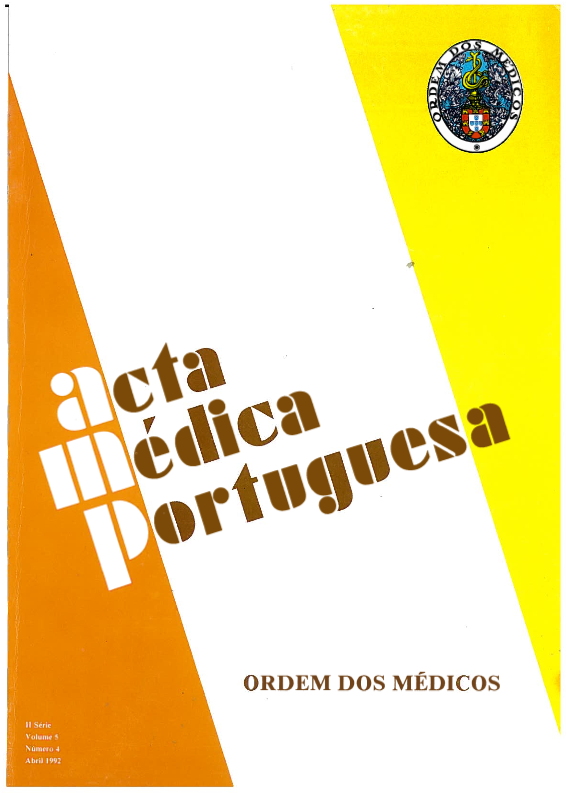Mesenteric ischemia in hemodialysis.
DOI:
https://doi.org/10.20344/amp.3232Abstract
Eighteen hemodialysis patients with the diagnosis of mesenteric ischemia (MI), admitted to the Renal Service in the last 5 years, were retrospectively reviewed. All patients, 10 males and 8 females, average age 66.3 +/- 8.6 years, were complaining of acute abdominal pain without other specific clinical or laboratorial findings, had their diagnosis confirmed during laparatomy, with ischemic involvement of the ileocecal/ascendant colon area in 14 cases and the small bowel in 4. Noteworthy was the high incidence of previous dialysis-induced hypotensive episodes (10/18), the presence of leukocytosis (13/18), the high average hemoglobin level of 9.4 gr/dl, and the constant finding of non-occlusive MI. Average time in-hospital was 15.4 days (2 to 30) and the mortality--88% (16 patients). The growing incidence of MI mostly of the non-occlusive type, and its grim prognosis, calls for an early diagnosis of functional ischemic colitis, and the adoption of preventive action to avoid bowel infarction.Downloads
Downloads
How to Cite
Issue
Section
License
All the articles published in the AMP are open access and comply with the requirements of funding agencies or academic institutions. The AMP is governed by the terms of the Creative Commons ‘Attribution – Non-Commercial Use - (CC-BY-NC)’ license, regarding the use by third parties.
It is the author’s responsibility to obtain approval for the reproduction of figures, tables, etc. from other publications.
Upon acceptance of an article for publication, the authors will be asked to complete the ICMJE “Copyright Liability and Copyright Sharing Statement “(http://www.actamedicaportuguesa.com/info/AMP-NormasPublicacao.pdf) and the “Declaration of Potential Conflicts of Interest” (http:// www.icmje.org/conflicts-of-interest). An e-mail will be sent to the corresponding author to acknowledge receipt of the manuscript.
After publication, the authors are authorised to make their articles available in repositories of their institutions of origin, as long as they always mention where they were published and according to the Creative Commons license.









